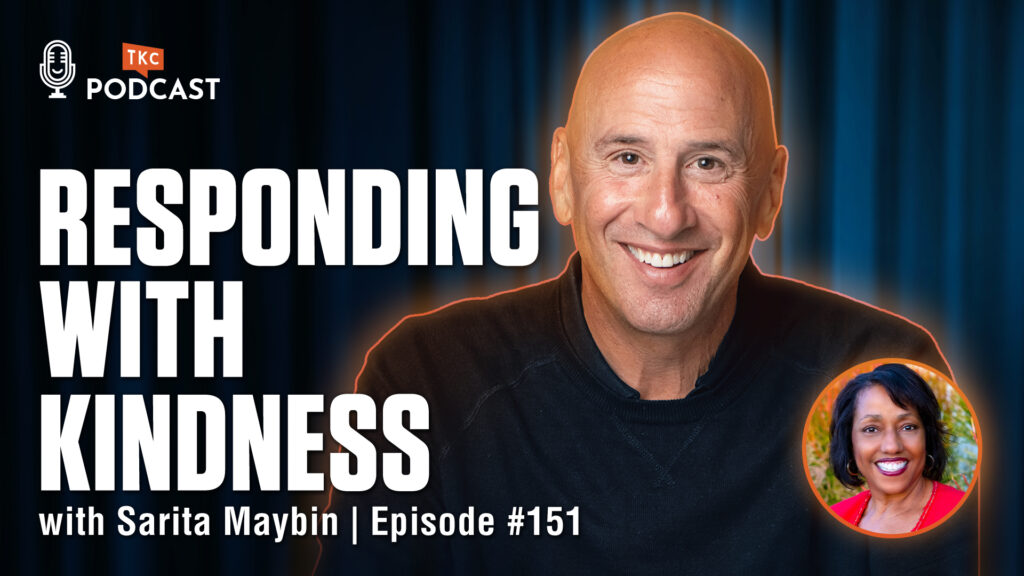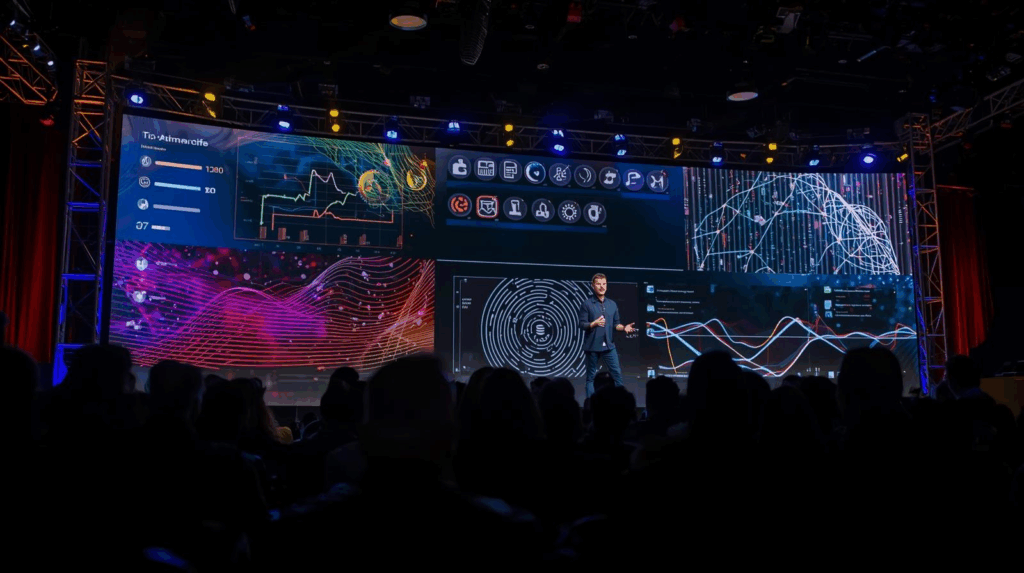- The Keynote Curators - Top Speaker Agency in North America
Kate Adamson’s amazing story is one of overcoming Locked-in Syndrome, and turning what could have been a devastating and deadly event – a double pontine stroke that should have killed her – into a mission to serve and enhance the lives of others who deal with any form of paralysis, physical, emotional, financial.
Today, Kate is a stroke survivor, an inspirational speaker, and a licensed medical Social Worker. Using the lessons learned from her successful battle with paralysis, she coaches, counsels and inspires individuals, audiences and agencies to move past paralysis to personal and professional power.
What happened? Why is she qualified to do this? Her MSW? Yes and no. Her life? Yes. On June 29, 1995, Kate’s peaceful, predictable, even privileged life suddenly became a life-and-death battle to survive the devastating effects of stroke. She did survive – and it’s a wonderful story; however, it’s not the end of the story. Not satisfied with “mere survival” – but determined to achieve more – then not satisfied with her own success – but determined to help others succeed. The results of her life and the successes achieved by those she serves prove that paralysis is not powerlessness.
Within minutes of suffering her stroke, Kate appeared dead. Except for a faint heartbeat, she certainly seemed to be. But she was very much alive! It was as if she was locked in a glass coffin, aware of everything going on around her, unable to communicate – at all.
She desperately tried to find a way to let others know she was alive. Days passed. Then she discovered she could blink. She could do two things – only two: She could think and she could blink. That’s all. But it was enough. She communicated by blinking out letters on an alphabet chart. Enlisting the help of professionals who now realized she was alive and aware, she began her long slow journey back to life.
Now let’s fast forward 20 years.
Earning her MSW after her stroke recovery and moving on to becoming a licensed medical Social Worker, this determined survivor of Locked-in Syndrome shares with audiences everywhere her incredible story of recovery. With wit, humor and great “audience-interactive proof” she demonstrates to professional and medical audiences that paralysis is not powerlessness and they can indeed achieve the apparently impossible by focusing on the possible – for themselves and those under their charge.
Kate’s story was the subject of a major fundraising film produced by the American Heart Association. She served as a national spokesperson for the American Heart Association and American Stroke Association. She has been featured in national magazines including Redbook, Prevention, Caregiver, and Stroke Connection. She has appeared on Larry King Live, Good Morning America, The Bill O’Reilly Factor, The Abrams Report, MSNBC, ABC, and NBC.
Her inspiring and entertaining presentation, “One Hand Clapping: Paralyzed but not Powerless,” is easily customized to address various audiences and conference themes.
This powerful presentation engages your audience and lets them experience what it is like to face million-to-one odds and still prevail. Once considered “dead”– her life not worth saving – Kate recovered from Locked-in Syndrome (total paralysis) and is now a licensed medical Social Worker, professional author, and speaker.
Kate’s presentation shows her audience that the techniques she used to overcome her paralysis can help them overcome professional and organizational paralysis. Kate’s story demonstrates that there is nothing you cannot accomplish with the right attitude and the right tools.
This presentation focuses on disability issues including human resources and compliance issues. Kate shows that employees and executives who have had to persist in spite of disabilities tend to develop uncommon creativity, determination, and resourcefulness that can lead to extraordinary contributions in the work place. Accommodation held in this context becomes a wise business move and a pleasure for all. Kate is determined to shift the attitude and approach of businesses and government agencies regarding disability accommodation. She shows employers how to shift the burden of straight jacket regulations, policies, procedures and legal requirements that the government forces upon them, into opportunities to increase efficiency and productivity in their workplaces.
This presentation gives healthcare professionals and patients’ advocate and support groups a chance to see the view from the other side of the bed. Kate shares her experience of being a critically ill hospital patient, unable to communicate but fully aware of the work going on around her. She speaks about the contribution that doctors, nurses, physical and vocational therapists, hospital administrators and even insurance companies made in her recovery. Kate’s husband, attorney and patient advocate, Steven Klugman, is available to participate in breakouts and panel discussions and shares valuable insights into the role of an advocate. Her experience powerfully illustrates the miracle of healing and the opportunity for healthcare professionals at every level to bring about that miracle.

Financial planning in 2026 requires clarity over noise. Discover keynote speakers who'll help you build resilience when markets and social media start shouting.
Read More
Crisis leadership lessons from September 11 reveal how everyday Americans build national resilience through interconnected work and shared purpose.
Read More
Discover the best artificial intelligence speakers for cybersecurity conferences, curated for CISOs, security leaders, and event planners seeking real-world AI insights.
Read More
Learn practical communication strategies from expert Sarita Maybin that transform difficult workplace conversations into productive dialogue.
Read More
Stop negotiating with your potential in 2026: discover five keynote speakers who create momentum, courage, and transformation at your events.
Read More
Discover the Best Artificial Intelligence Speakers for Technology (SaaS) Conferences helping teams ship AI, scale responsibly, and drive real product and growth outcomes.
Read More